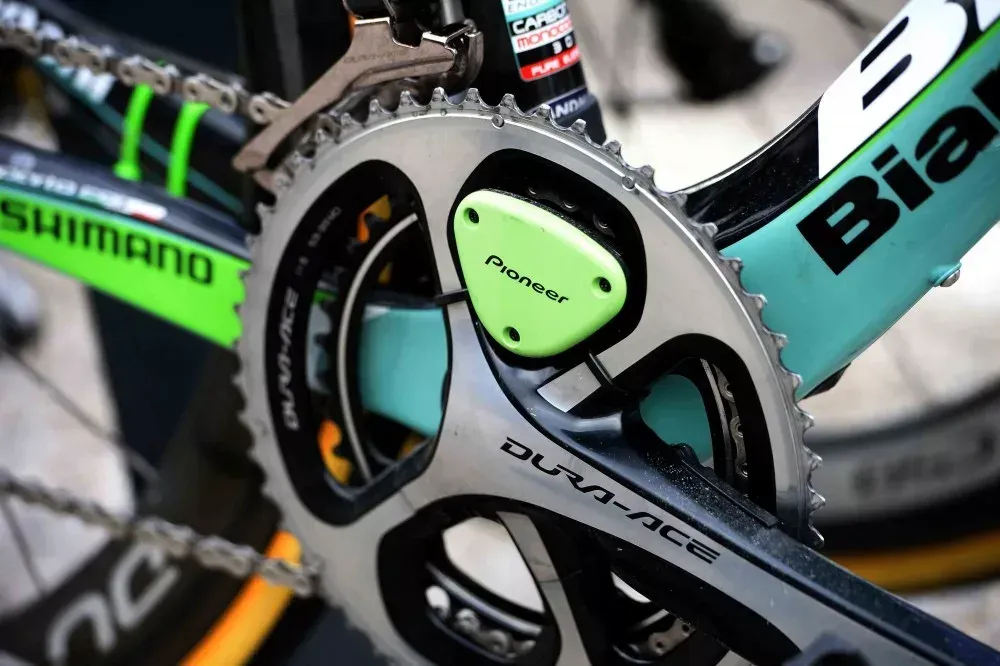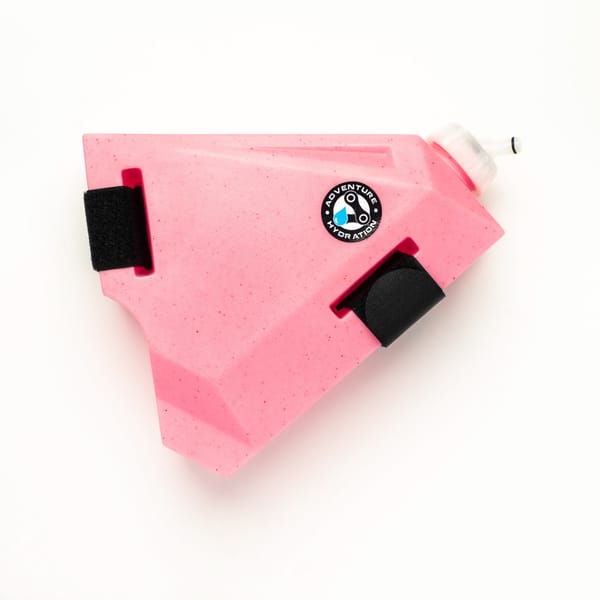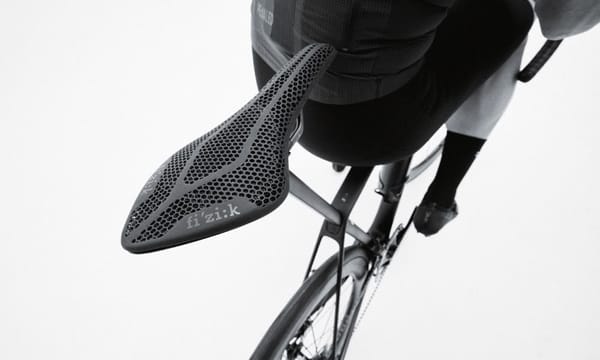Banning Power Meters at the Tour de France is the Exact Opposite of What's Needed

When ASO announced its 2019 route for the Tour de France last week Tour de France Race Director Christian Prudhomme made an interesting statement in his closing remarks as well as to reporters (via CyclingNews.com):
“Power meters are very useful in training but when riders use them in a race it means they know exactly what kind of efforts they need to make – for how long and at this or that level. But if a rider wasn’t sure that he still had enough strength, that would change things.”
“Getting rid of earpieces wouldn’t change much. Not having earpieces could be useful to avoid having crashes, that’s sure, but the battle today is focused far more on power meters than on earpieces.”
“We reassert our desire to see the end of power meters in races, which annihilate the glorious uncertainty of sport.”
Huh?
Prudhomme seems to think that pro-cyclists are using power meters mid-race to decide whether to bridge a gap. That line of thinking doesn’t make a lick of sense. Riders are using time-gaps from the race motos and race radio to determine what moves are needed to cover a gap. Not power meters. Covering a gap is a calculation of speed differential, not power.
Power meter usage in a race like the Tour de France is much more about collecting data (along with heart rate, speed, meters climbed/hour, etc…) for trending rider health and capability. Every team in the UCI WorldTour is using power meters and just about every rider in the Tour de France has one on board.
Power meter data with body weight has already been used to verify whether a ride can be considered viable without doping or motors, so the removal of power meters from the race actually weakens doping controls. If the UCI wanted to get serious about anti-doping (body and mechanical), the solution is staring them in the face. Require riders to use power meters and require them to publish their raw power meter data.
But, Mr. Prudhomme exclaims, power meters “annihilate the glorious uncertainty of sport”!
Nah, that’s the job of race radios.
I won’t delve into the race radio arguments, they’ve been around for ages. Here are Tour de France technical director, Thierry Gouvenou’s, thoughts on the change:
“I’m realizing more and more that people want a less controlled, less predictable style of racing. The public wants a kind of cycling where the riders are the main actors, not the directeurs sportifs or the equipment”
“Everybody needs to realize that it could be good for cycling in general. We could try some stages with power meters or without earpieces – why not? – to give value to the riders once again, to reward tactical invention”
Again though, I think banning race radios is the wrong move. If the UCI wanted to curb doping and increase fan engagement and excitement in one fell swoop they would make power meters required, publish power meter data for riders to the public (preferably live through a platform like Velon) and make race radio public as well. How cool would it be to listen in to public race radio and see live power meter data for every rider throughout every stage?





